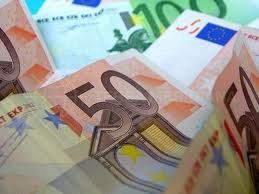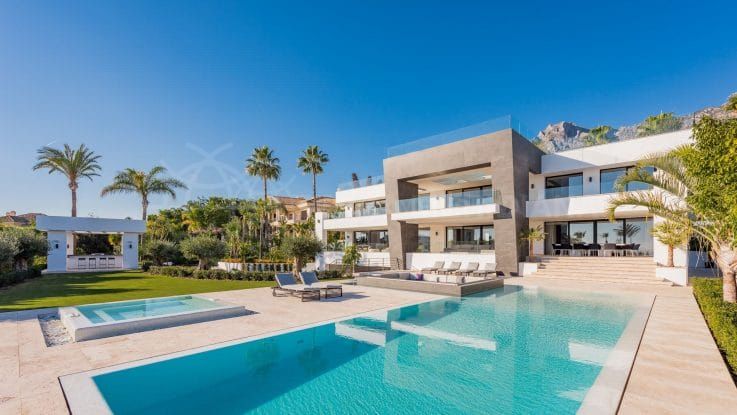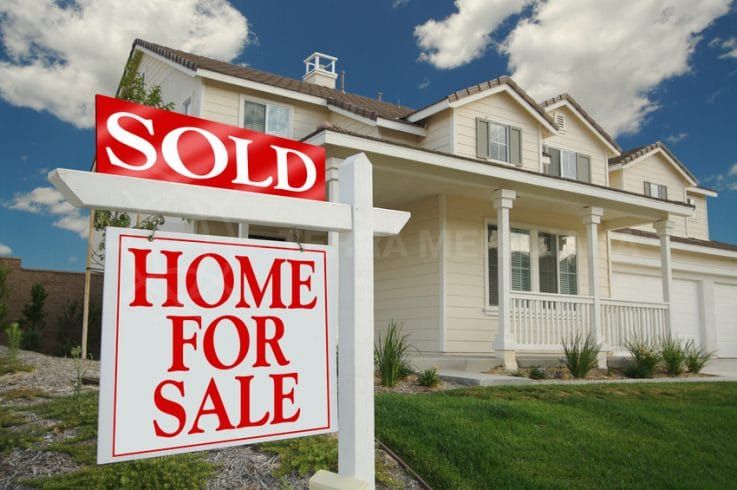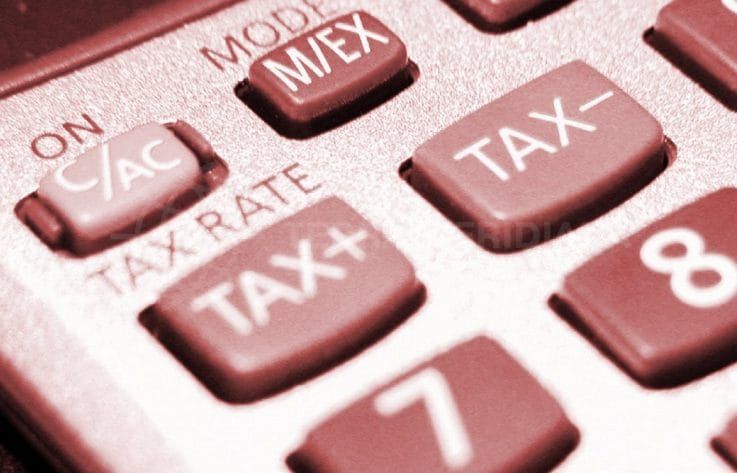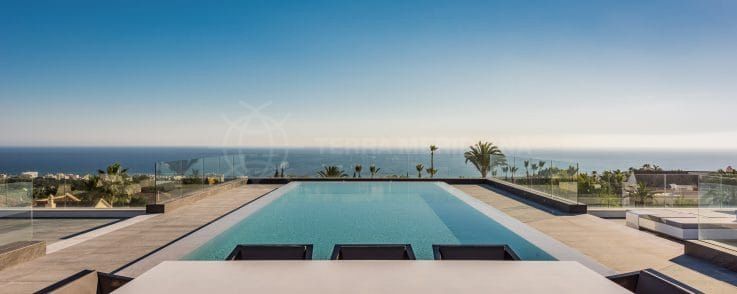
The selling procedure
If you own a property you wish to sell, the procedure is as follows
Paperwork
In order to sell your property you will not only need to prove you are the lawful owner but will be required to produce all sorts of paperwork. Making sure your paperwork is in order is essential to a successful sale (to see a list of documents we request from property owners click here). Normally you or your lawyer will have in their possession the public title deed (escritura), which should have been registered with the Land Registry (Registro de la Propiedad) when you purchased.
- The public title deed should include, at least, all the following: the terms and conditions of sale, buyer’s and seller’s identification details, registration number from the Land Registry, full description of the property, all encumbrances, fees, and liens pending on completion (including mortgages and community fees), as well as the sale price and means of payment.
- The property’s address and total built area (in square metres) should figure correctly (but often does not) on the public title deed and in the Land Registry and the Cadastre (Catastro). If the buyer requires a mortgage, loans will always be made against the value of the registered built area. Securing permission for any extensions is also vital as is making sure any extensions or modifications to the built area are legal and registered. Remember invoices for any improvements made can be used to offset capital gains tax.
- Ensure your property has a licence of initial occupation (licencia de primera ocupación) or, if not, a planning report (informe urbanístico) from the local Town Council. Older and rural properties often do not have a license of first occupation. Without either, it could be difficult for prospective buyers to obtain a mortgage and could potentially block a sale.
- Compile your latest receipts for municipal property tax/rates (IBI), rubbish collection (basura), community fees, if applicable, and utilities bills, to show you are paid and up-to-date with all your obligations.
- By law, you need an energy efficiency certificate (Certificado de Eficiencia Energética, CEE) stating, on a scale rated A to G, how much carbon dioxide your property emits per year, based on heating, cooling, and other energy use. The CEE must be registered with the regional government (Junta de Andalucía).
Know your costs
- Ensure you know your costs of sale, such as: municipal tax on the increase in the value of land (Plusvalía), income tax (Impuesto sobre la Renta), mortgage cancellation fees, estate agent fees etc. If you are asked for more than 5% for agents fees, shop around for a better deal. Ask your lawyer to check any agent contract before you sign it.
- If your property is owned by a company, especially one domiciled offshore, calculate the costs of dissolution, taking into account any tax due on the difference between book and sales values.
- If you intend to sell a company, work out how much corporation tax you will be liable to pay.
- If you have inherited property in Spain, consult a lawyer to work out how much tax you will be required to pay and how to transfer title to your name.
The procedure
- Make your property available for viewings, either personally or through your estate agent. Expect interested parties to view more than once, at different times of the day.
- A potential buyer, or their agent, may make an offer, which is unlikely to be for the full asking price. You can then negotiate, directly or via agent(s), until an agreed price is reached.
- Make sure the buyer is aware of and accepts the state and physical conditions of the property at the time of sale. Any damages and defects should be disclosed before the private purchase contract is signed to avoid issues in the future.
- Once the buyer’s lawyer has drawn up a private purchase contract, have your lawyer check the terms comply with your wishes. Once everything is correct, it can then be signed and will be binding on both parties.
On the agreed date meet the buyer at the public notary to sign the new public title deed and receive payment, at which point you should hand over the keys. The notary will require all the following documents on completion:
- The property’s energy efficiency certificate
- Your NIE, foreign identification number
- An up-to-date copy of the property’s municipal property tax/rates receipt
- Proof of any amount paid in advance by the buyer.
- The buyer will probably also want to see recent utility bills, to check all the services are installed legally and are working.
Post-completion, you should ensure you do the following:
- Pay all taxes and charges to the relevant authorities. Remember, if you are a non-resident, the buyer is obliged to retain 3% of the purchase price to pay to the Spanish Tax Agency on your behalf, in lieu of your capital gains tax obligations. If you do not make a profit, you can request a refund of this amount, but the tax agency will not return the withholding until all outstanding taxes are paid.
- Transfer or cancel contracts for utilities and any other services that remain in your name.
- Report the sale to the community (if applicable), your local Town Hall, and the Spanish Tax Agency, so that all future receipts are issued in the name of the buyer.



